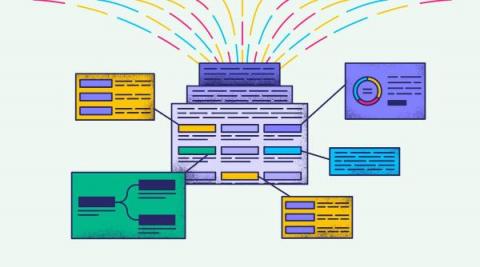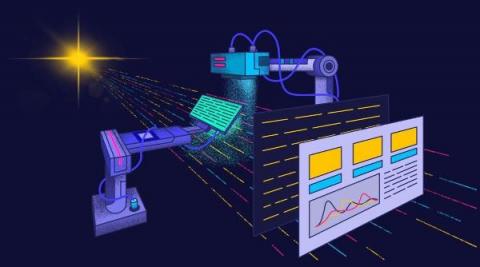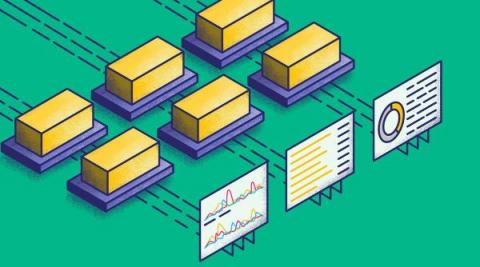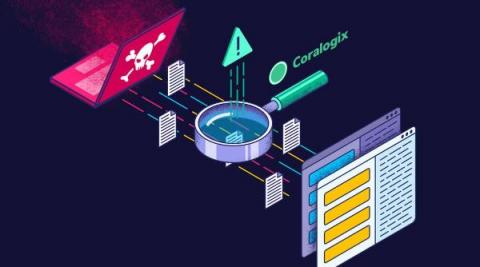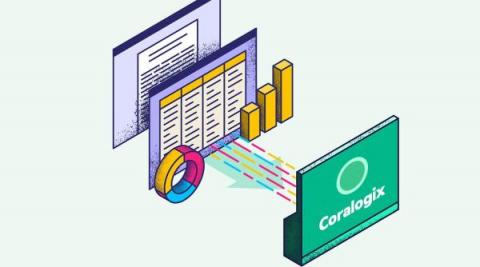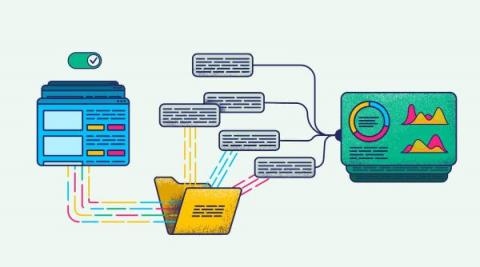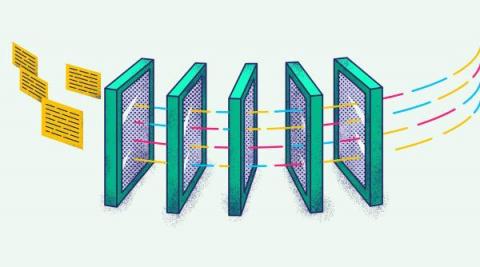Mapping Statistics - What You Need to Know
When your Elasticsearch cluster ingests data, it needs to understand how the data is constructed. To do this, your Elasticsearch cluster undergoes a process called mapping. Mapping involves defining the type for each field in a given document. For example, a number or a string of text. But how do you know the health of the mapping process? And why do you need to monitor it? This is where mapping statistics come in. Mapping statistics give you an overall view of the mapping process.


